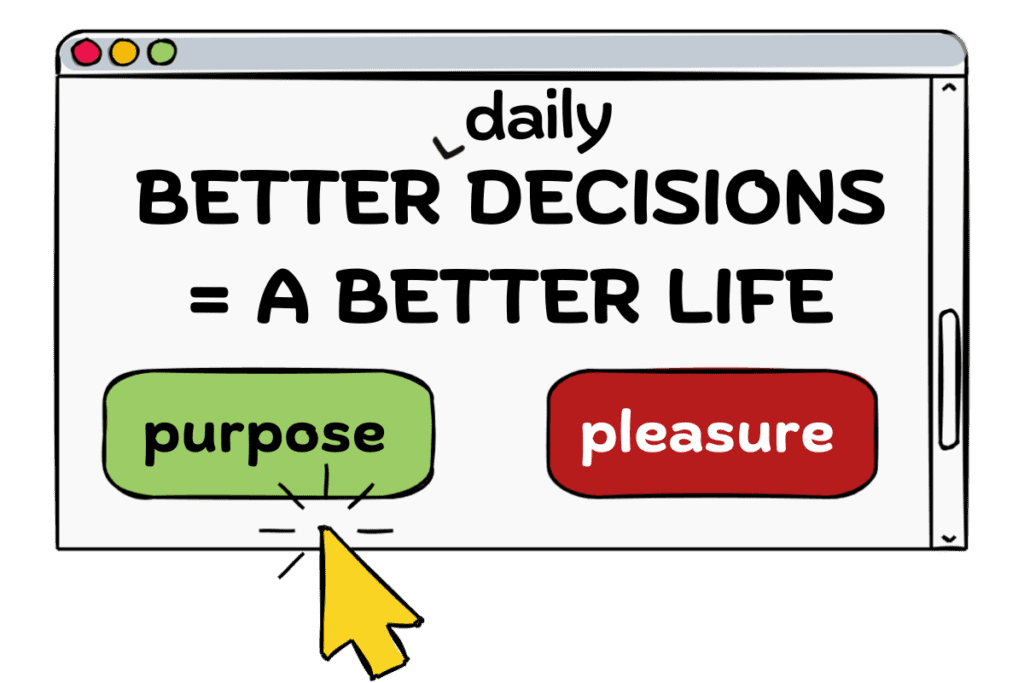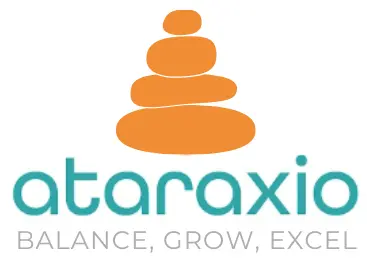Uncover Your Core Values: A Simple Guide
Imagine having a built-in compass that helps you make tough decisions and stay true to who you are. That’s exactly what your core values do—they shape your character, guide your actions, and provide direction in life. But how do you uncover your core values? Let’s break it down with an easy, step-by-step process to help you find what really matters to you.
Why Core Values Matter

Before diving into the process, let’s quickly cover why core values are so important:
- They guide your decisions when you face challenging situations.
- They keep you true to yourself even when external pressures mount.
- They give your life purpose and clear direction.
- They strengthen your relationships by aligning your actions with what you believe.
Ready to get started on your journey of self-discovery? Let’s go!
Step 1: Set the Stage
Creating the right environment is key to effective reflection:
- Choose a quiet time when you won’t be interrupted—no urgent tasks or deadlines looming.
- Find a comfortable spot, ideally in nature, where you can think clearly.
- Make sure you’re well-rested and not hungry, preferably after a good workout. A clear mind is a reflective mind.
- Gather your materials: a piece of paper, a pen, a highlighter, and our Values Reflection Exercise list.
Step 2: Quick Reflection

Now, warm up with some light reflection:
- Think about people you admire. What values do they embody that resonate with you?
- Recall moments when you felt truly alive, proud, or fulfilled. What made these experiences special? What values were shining through in those moments?
- Remember times of intense emotional reactions. Think about times when you felt angry or frustrated. These reactions occur when core values are challenged. Which values were at play—or missing?
Step 3: The Funeral Exercise
This might sound heavy, but it’s eye-opening:
- Imagine you’re at your own funeral many years from now. What do you want people to say about you?
- What legacy do you want to leave behind? What values would you want to be remembered for?
- Write down the values that come to mind during this exercise.
- Picture yourself at 90, reflecting on your life. What regrets would you want to avoid? Sahil Bloom’s “Deathbed Regret Exercise” recommends this as a powerful tool to reverse-engineer your values by identifying what truly matters before it’s too late.
Step 4: Dive into the Values List
Time for some deeper reflection with the Values Reflection Exercise:
- Read through each value’s definition. Take your time with this—let the words sink in.
- Consider the example of what people might say about someone who embodies this value.
- Reflect on the daily actions associated with each value. Does this feel like you?
As you go through the list, highlight the values that resonate strongly with you.
Step 5: Narrow It Down
After your initial pass:
- Review your highlighted values. This is where you start to refine your list.
- Test your values. Ask yourself if you would stand by each value even when it’s difficult. If the answer is “no,” it might not be a core value.
- Aim to narrow them down to your top 10. These are the values that most define who you are and what you stand for.
- Write down these top values in your journal.
Step 6: Live Your Values
Here’s where the rubber meets the road:
- Start consciously living by your chosen values. How do they influence your decisions and actions?
- Align your daily actions with these values. This practice will guide your decisions and behaviors, leading to a more authentic and fulfilling life.
- Seek feedback from trusted friends or mentors. Are these values reflected in the way others see you?
- If a value continues to feel right, keep it. If it doesn’t, it’s okay to let it go.
Step 7: Regular Reassessment
Your values may evolve as you grow—here’s how to keep them aligned:
- Reassess your values periodically (annually or after significant life events) to ensure they still align with who you are and who you want to become.
Conclusion
Uncovering and living by your core values is a journey toward greater purpose and fulfillment. Integrating these strategies and reflective journaling allows you to identify and prioritize what truly matters to you. For more resources and exercises on self-discovery, explore our Self-Discovery Toolkit to discover your strengths, personality, career path, and more. Then, dive into “Game-Changing Life Skills for Teens” for a truly holistic personal growth approach.
